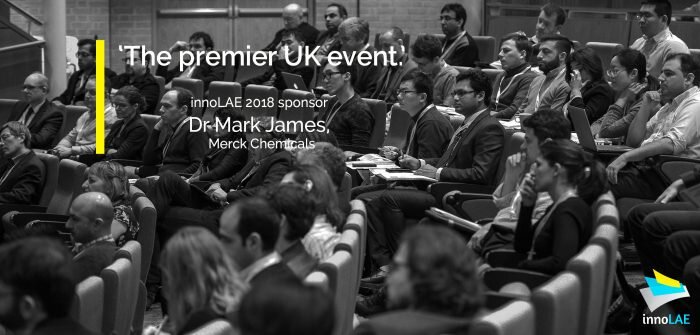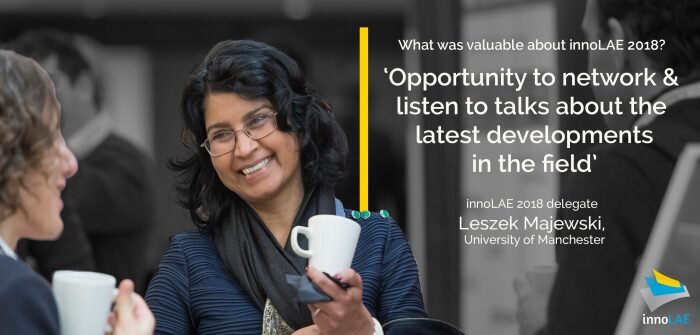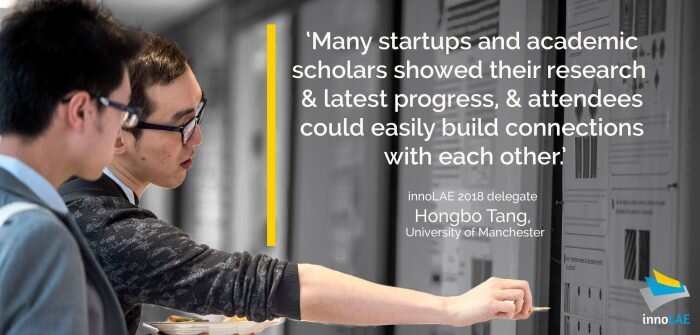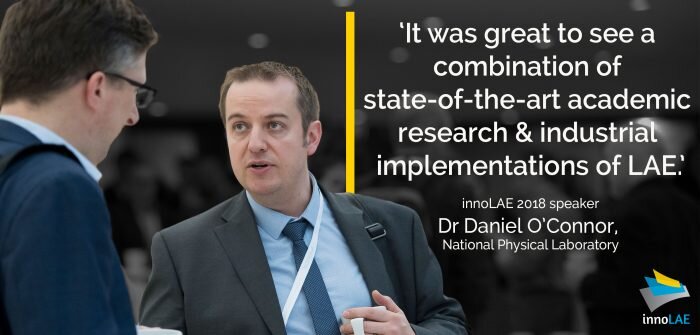innoLAE 2018
The 4th annual Innovations in Large-Area Electronics Conference (innoLAE 2018) was held at the Wellcome Genome Campus Conference Centre in Hinxton, Cambridge, UK on 23-24 January 2018. The conference programme highlighted the most innovative and exciting aspects of large-area electronics (including printable, flexible or organic electronics) emerging technologies, their manufacture and the development of products incorporating large-area electronics (LAE). Through innoLAE, we provide a platform to help bring innovation into the market and accelerate take up of new technologies.
The three days of innoLAE 2018 events (including the industry networking event on 22 January) were attended by 263 delegates representing 142 different organisations from 14 countries. InnoLAE has been particularly successful at attracting an equal balance of delegates from industry and academia, facilitating both dissemination and networking opportunities for researchers and key-decision makers in the LAE community. This year 47% of delegates were from academic institutions, 50% from industry, RTO or government bodies and the remaining 3% from the press.
innoLAE 2018 included both plenary and parallel track oral presentations, a poster session with poster prizes awarded to the most promising scientific and technical developments, an exhibition with leading companies and organizations showcasing their latest products and developments, and networking opportunities, including a reception and a conference gala dinner at Downing College, Cambridge, UK.
What are people saying about innoLAE 2018?
Conference Topics
Flexible hybrid electronics (e.g. combination of organic and printed electronics with thinned and unpackaged silicon devices, stretchable hybrid electronics, novel interconnects)
Emerging materials and devices for large-area electronics (e.g. stretchable, biocompatible and biodegradable substrates, organic and inorganic semiconductors, conductors and novel dielectrics, quantum dots, and magnetic materials)
Energy harvesting and storage for large-area electronics (e.g. RF, piezo, thermal and solar harvesting, printable batteries and supercapacitors)
Bio-electronics for applications in healthcare (e.g. biosensors and electronics to interface biological tissue)
Internet of Things and large-area electronic sensor technologies (e.g. applications of LAE-based sensors for IoT, manufacturing technologies and applications of LAE components and systems for IoT and wireless sensor networks)
Novel manufacturing paradigms for large-area electronics (e.g. photonic transfer, paper and fibre-based electronics, sheet-to-sheet and roll-to-roll flexible electronics, and novel aspects of metrology, reliability and yield)
Smart wearables and stretchable/ultra-flexible electronics (e.g. applications of stretchable and ultra-flexible electronic technologies in smart wearables).
